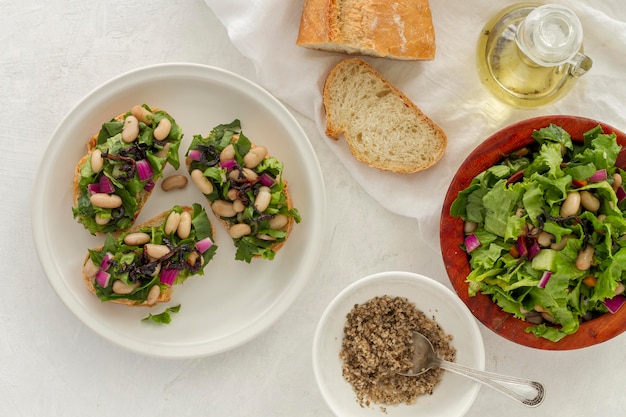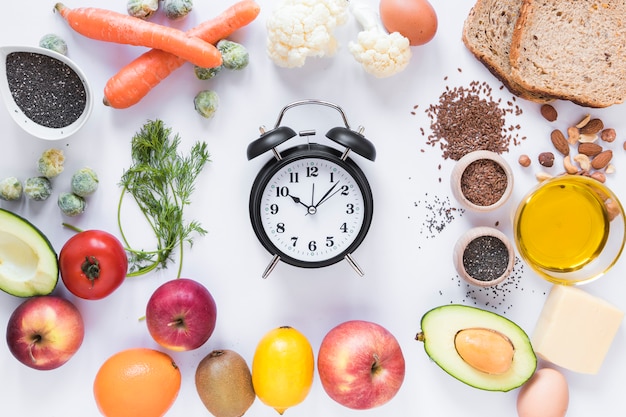As we age, our metabolism naturally slows. But many everyday habits—especially those common in midlife and beyond—can make this process worse. The good news? Most of these mistakes are reversible. Whether you're struggling with unexplained weight gain or just want to feel more energetic, addressing these 18 common pitfalls can help you boost your metabolism and reclaim your vitality.
Protein requires more energy to digest than fats or carbs, giving your metabolism a temporary boost. Seniors who eat too little protein may lose muscle mass, which further slows metabolism. Aim for 20–30 grams of protein per meal from sources like eggs, Greek yogurt, fish, or legumes.
Even mild dehydration can reduce metabolic rate. Water is essential for cellular function and digestion. Try starting your day with a glass of water and carrying a reusable bottle to track intake.

Ultra-processed foods are often low in fiber and nutrients, making them easier to overeat and harder to burn. Focus on whole foods like vegetables, fruits, whole grains, and lean proteins.
Muscle burns more calories than fat, even at rest. Without resistance exercises, seniors can lose 3–8% of muscle mass per decade. Include bodyweight exercises or light weights 2–3 times a week.
Severely restricting calories signals your body to conserve energy, slowing metabolism. Instead, focus on nutrient-dense meals that keep you full and energized.
Poor sleep disrupts hormones like leptin and ghrelin, increasing hunger and fat storage. Aim for 7–8 hours nightly and maintain a consistent sleep schedule.
Prolonged sitting lowers calorie burn and insulin sensitivity. Stand up every 30 minutes, take short walks, or do seated stretches.
Beyond weight training, daily activities like gardening or climbing stairs help maintain muscle. Incorporate movement that challenges your body gently but consistently.
Extreme diets often lack essential nutrients and are hard to sustain. Choose balanced, long-term eating patterns instead of quick fixes.
Unawareness leads to overeating. Use a simple journal or app to log meals and notice patterns. Tracking builds mindfulness and accountability.
While walking and swimming are great, excessive cardio without strength work can lead to muscle loss. Balance endurance with resistance training.
Drinking water 20–30 minutes before meals can aid digestion and reduce overeating. It also supports metabolic processes.
Late meals may disrupt circadian rhythms and reduce fat oxidation. Try finishing dinner at least 2–3 hours before bedtime.
A balanced breakfast kickstarts your metabolism. Include protein, fiber, and healthy fats to stay full and energized.
Chronic stress raises cortisol, which promotes fat storage—especially around the abdomen. Practice deep breathing, meditation, or gentle yoga.
Some studies suggest artificial sweeteners may disrupt gut bacteria and insulin response. Opt for natural alternatives like cinnamon or small amounts of honey when needed.
Low vitamin D is linked to slower metabolism and weight gain. Ask your healthcare provider for a simple blood test and consider safe sun exposure or supplements if needed.
Metabolic changes take time. Celebrate small wins—like more energy or better sleep—and use motivational cues like sticky notes or calendar checkmarks to stay on track.
Boosting your metabolism after 60 isn’t about drastic changes—it’s about consistent, sustainable habits. By avoiding these 18 common mistakes and focusing on whole foods, movement, and self-care, you can feel more vibrant and in control of your health.

Health

Health

Health

Health

Health

Wellness

Health

Fitness

Health

Wellness

Wellness

Wellness

Health

Fitness

Health

Health